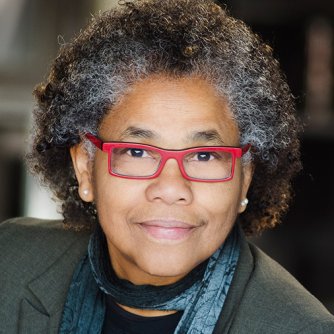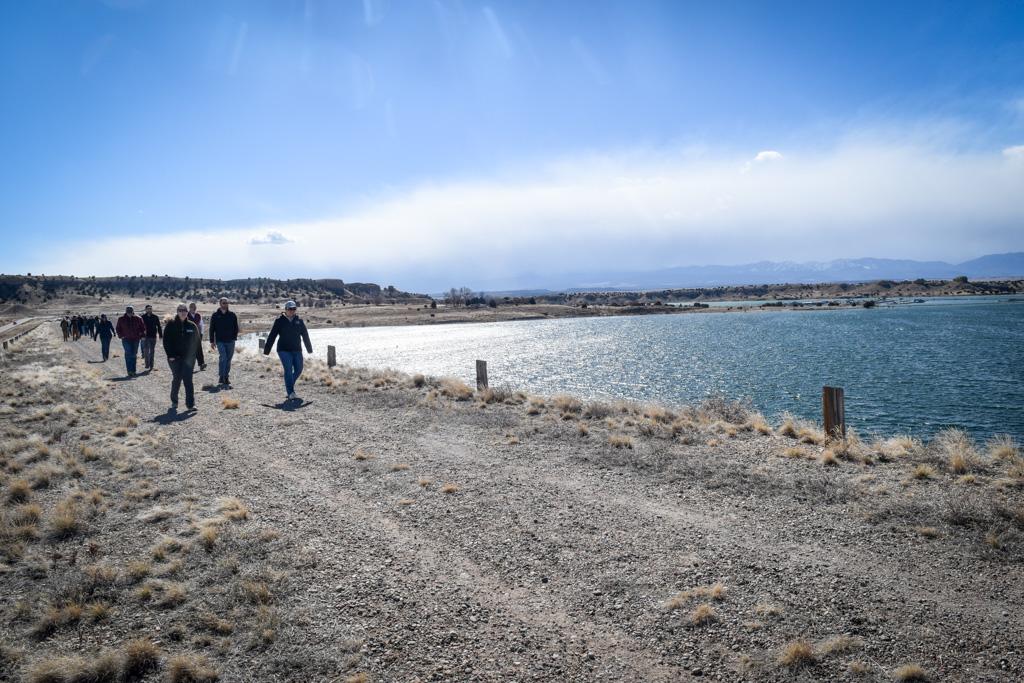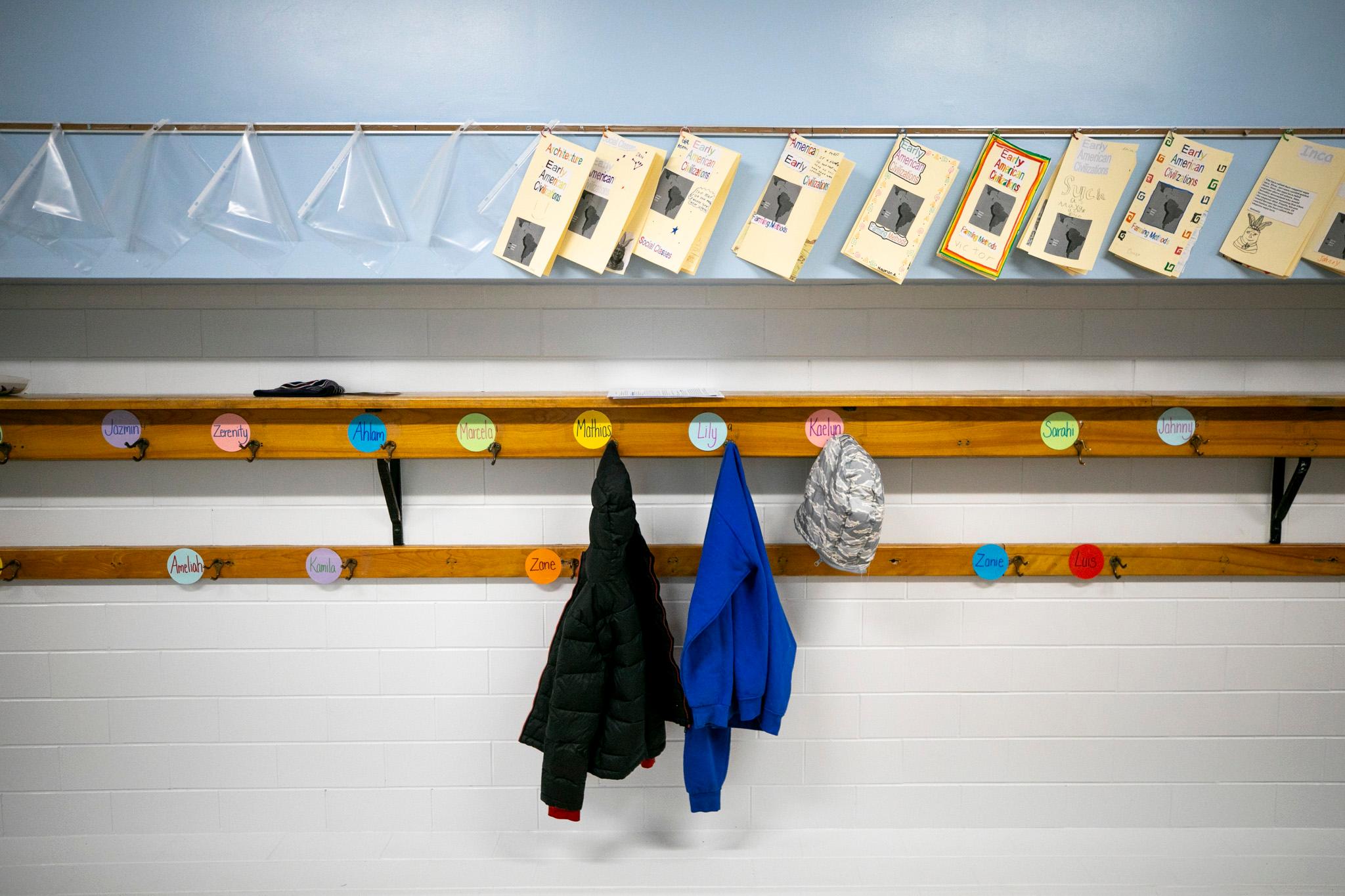From inside a nondescript beige building in west Denver, a staff of librarians and volunteers hope to bring the world of books to people who can’t read standard print.
“We provide free audio, braille, and large print books,” explains Debbi MacLeod, director of the Colorado Talking Book Library.
Those materials are sent to people with visual impairment, those with learning disabilities and those who find it physically difficult to hold a book, such as sufferers of arthritis or Parkinson’s.
“These kinds of things can interfere with your ability to read for pleasure,” MacLeod says. “Many people can manage their mail, but to read for pleasure makes it a little more difficult.”
Patrons also receive government documents, government information, blue books and voting materials. MacLeod says the impact of these simple items on patrons can be profound.
“They are not isolated any more. They feel connected with the world again. Their depression lifts. We hear that over and over again. So this really feels to us like a quality of life issue,” she says.
Library staff estimate that nearly a half million Coloradans could benefit from the service. Currently only around 7,000 are signed up, a number that has held steady in recent years.
“What we hear over and over again from our patrons when they finally get connected to us is, ‘I didn’t know this library existed,’” MacLeod says. “So it’s really an awareness issue.”
Because many print-disabilities are age related, the pool of potential subscribers is likely to increase in coming years. Between 2010 and 2015, Colorado’s 65-plus population grew by nearly 30 percent, the third fastest rise in the country. State officials estimate that this category of Coloradans will have grown 61 percent by the end of the decade.
At the moment though, the library faces an uncertain future. President Trump’s preliminary budget calls for eliminating the Institute for Museums and Libraries Services, a move Colorado Talking Book Library officials say would cut funding by a quarter and seriously compromise its services. If the cuts make it to the final budget, MacLeod says they would have to increase their reliance on volunteers and donations to continue on.
“This funding stream has been threatened in the past, but it has never actually come to fruition. But we don’t want to take it lightly that this is on the chopping block.”









